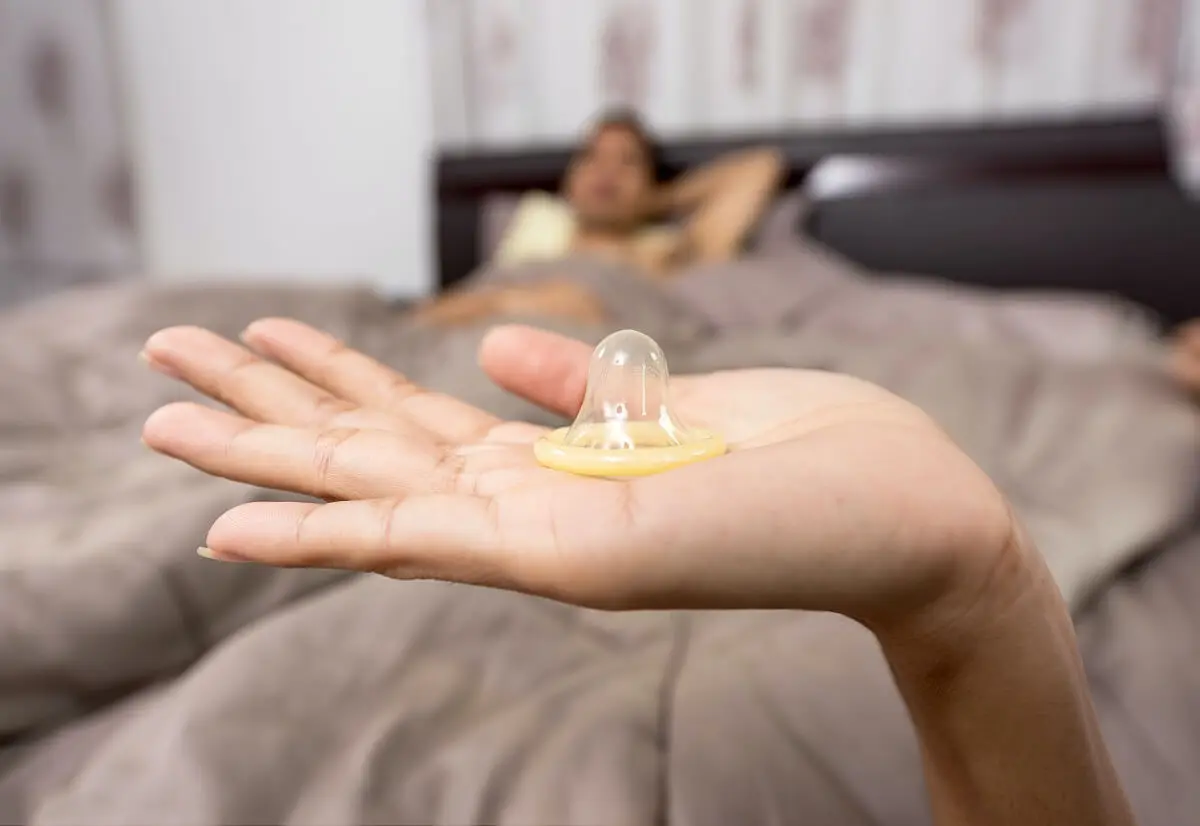Sexual Disorders: Signs, Causes, and How to Overcome Them

The reasons are not entirely clear, but more and more sexual disorders are detected every year. Erectile dysfunctions, loss of libido, anorgasmia, and many others are included in this list.
What can we do about them? The first thing is to identify them to ask for help. The second is to know some ways to overcome them, because it is possible to make them stop being a disorder.
A good way to ask for help or to connect with people in the same situation is the Asociación Ayuda. These types of organizations are made up of people who have been diagnosed with sexual disorders and offer support and answers for those who are looking for it.
Let’s take a deeper look at this type of problem.
Warning signs of sexual disorders
Sexual disorders are often easy to identify because they’re not one-time problems. For example, sporadic erectile dysfunction may happen on a particular occasion, but need not influence all other sexual encounters. However, if it does, there may be a component of anticipatory anxiety that needs to be resolved.
Also, when anorgasmia appears in women and this generates feelings of guilt, as explained by the Clínica Universidad de Navarra, we may be dealing with a sexual disorder. The person who suffers from it may believe that there’s something wrong with her, and this isn’t the case.
Sexual disorders are frequent, but they can be resolved. There’s no need to blame yourself.
Other warning signs of sexual disorders may be the following:
- Premature ejaculation: This is ejaculation before the conclusion of the sexual act. It usually appears immediately after stimulation.
- Vaginismus is the contraction of the walls of the vagina that prevents penetration or makes it very painful.
- The absence of sexual desire refers to a loss of libido.
- Sexual dissatisfaction: The sexual act is completed, but it’s later perceived that there was no pleasure.
All of these are accompanied by feelings of guilt, distress, fear, and sadness. They can affect all types of sexual relationships and your relationship with your partner.

We think you may also enjoy reading this article: 5 Advantages and Disadvantages of Casual Sex: Should You Do It?
Why do sexual disorders appear?
The reasons why sexual disorders appear can be multiple. In fact, sometimes, there are some key questions that can help a person to clearly determine why they may be suffering from erectile dysfunction or vaginismus.
Overall, this is a brief list of some possible causes:
- Traumatic experiences: Sexual aggression or a negative sexual experience can generate vaginismus in women or erectile dysfunction in men.
- Stress: A series of responses are generated in the body that can manifest themselves through sexual disorders. When the stress is resolved, these problems disappear.
- Hormonal imbalances: Taking contraceptives or suffering from polycystic ovarian syndrome can be reasons for changes in sexual appetite.
- Depression: Some mental health problems, such as depression, can also affect sexual relations.
Sexual disorders may evidence distress within the couple’s relationship. If there has been an infidelity, the other person is no feeling longer loved or desired, or there are other circumstances (gambling, lies, aggressive attitudes), these disorders may appear. Therefore, the best way to know what is happening is to work with a professional.
Like this article? You may also like to read: Sexual Fantasies: Everything You Want to Know and More
How to overcome sexual disorders
Finding a psychologist expert in sexual disorders is very important. There are many expert professionals who can help.
Finding the solution without collaboration, in most cases, isn’t possible. don’t wait to go to a psychologist, as this only increases the discomfort.
Another way to overcome sexual disorders is to express what’s happening to the other person without being ashamed. If your partner knows that there’s a situation that’s generating premature ejaculation, perhaps he/she can help to delay it with different techniques or with sex toys.
Communication is indispensable in the sexual arena and strengthens our relationships.
In addition to the above, it’s important to be proactive so that the situation improves as soon as possible. If there’s a problem of anorgasmia, for example, but you don’t do what your psychologist advises, the chances are very high that the situation will continue as it is.

A sexual disorder, or just bad sex?
This is a very interesting question. When you consult a psychologist, perhaps a person may discover that you don’t really have any kind of problem enjoying sex, but there are problems with how you’re having sex.
For example, you may never have masturbated or expressed how you like to be touched. Consequently, sex does not bring you to orgasm.
In this type of situation, we’re not really dealing with anorgasmia, but with a circumstance in which you and your partner have to modify the way you relate to each other when having sex. Erectile dysfunction can also have other components, such as loss of desire for your partner or a feeling like you can’t enjoy sex because it’s always the same.
In any case, sexual disorders exist, and it’s essential to treat them. Sex is an important part of our well-being, and we should have a healthy relationship with it. Getting the help of a professional is key.
All cited sources were thoroughly reviewed by our team to ensure their quality, reliability, currency, and validity. The bibliography of this article was considered reliable and of academic or scientific accuracy.
- Bravo, C. S., Meléndez, J. C., Almaraz, C. H., Espíndola, J. G. H., & García, A. C. L. (2008). Las distintas disfunciones sexuales masculinas y su relación con la ansiedad y la depresión. Perinatología y Reproducción Humana, 22(3), 184-194.
- De La Hoz, F. J. E., & Orozco-Gallego, H. (2018). Fisiopatología del trastorno del deseo en el climaterio. Revista Médica de Risaralda, 24(1), 54-59.
- Lince-Rivera, I., Medina-Rico, M., Nuñez-Rodriguez, E., Medina, M. M., & López-Ramos, H. (2022). Disfunción eréctil en personas con VIH–Revisión de alcance. Revista Urología Colombiana/Colombian Urology Journal, 31(02), e82-e92.
- Rodríguez, T. R. (2017). Disfunción sexual eréctil:¿ apenas una dificultad de los órganos sexuales?. Revista de enfermedades no transmisibles FINLAY, 7(3), 225-228.
This text is provided for informational purposes only and does not replace consultation with a professional. If in doubt, consult your specialist.








